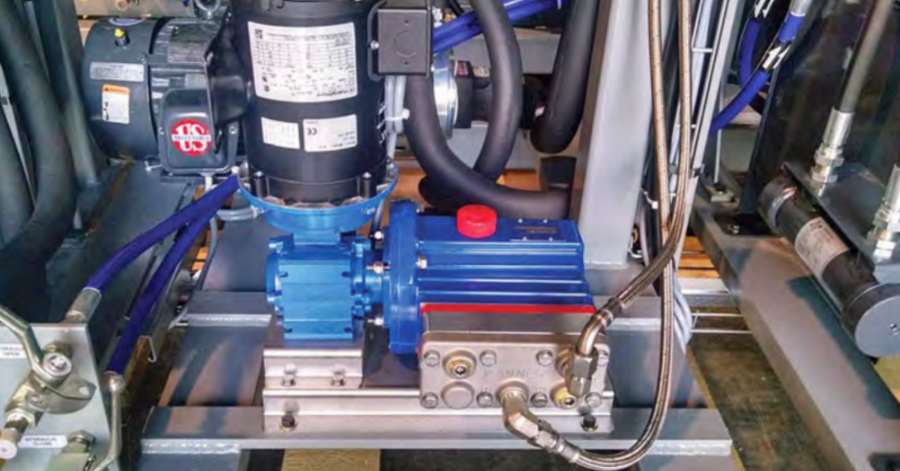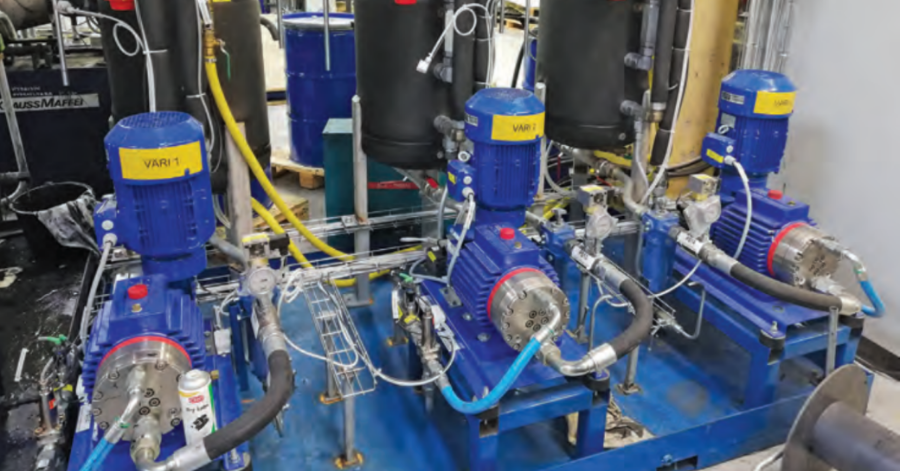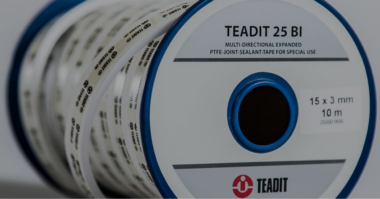The technology used to produce metering pumps has barely changed in over a generation. As a result, conventional metering pumps have operational limitations and greater cost consequences. But Hydra-Cell is not a conventional metering pump!
Hydra-Cell Metering Solutions pumps enable you to meet and, in most cases, exceed API 675 performance standards with linear, virtually pulse-free flow (except the single-diaphragm model P100) while providing many other operational benefits. Taking advantage of the most current technologies, Hydra-Cell metering pumps achieve superior levels of accuracy, repeatability and linearity, while delivering precise, accurate flow.
 This revolution in metering employs the latest available means of electronic flow control to replace antiquated, inaccurate stroke adjusters. To maintain accuracy in a hydraulically-actuated metering pump, the volume of oil on the non-process side of the diaphragm must remain constant. Conventional metering pumps rely on vacuum sensing or mechanical activation to compensate for leakage past the plunger. They may not compensate on every pump stroke.
This revolution in metering employs the latest available means of electronic flow control to replace antiquated, inaccurate stroke adjusters. To maintain accuracy in a hydraulically-actuated metering pump, the volume of oil on the non-process side of the diaphragm must remain constant. Conventional metering pumps rely on vacuum sensing or mechanical activation to compensate for leakage past the plunger. They may not compensate on every pump stroke.
Hydra-Cell pumps incorporate a replenishment valve in every piston assembly. This ensures optimum actuating oil volume on every diaphragm stroke to provide superior accuracy that exceeds the performance standards of API 675. In addition, the modern design features of the Hydra-Cell pump lower your acquisition costs when compared to conventional metering pumps, and its inherently simple yet elegant engineering keeps your maintenance and replacement costs down. Rugged construction and long-lasting durability will provide economy and value over the lifetime of your Hydra-Cell metering system providing:
- Smaller footprint with the same capability as larger pumps lowers acquisition costs and saves valuable space in the facility
- Each model covers an extensive range of pressures and flows – no need for different plunger and liquid end sizes to accommodate increases
- Inherent simplicity of the Hydra-Cell design allows versatile application compared to complex metering pumps that may require expensive construction changes to meet specific needs
- Lower parts and maintenance costs
- Separate gearbox makes it easy to change applications while preventing cross-contamination of actuating oil
- Multiplexing capability enables mixing ratios of multiple fluids in flexible, economical ways
Used in place of conventional metering pumps, Hydra-Cell is an extraordinary metering pump that provides superior performance at a lower cost. It is built to handle your precise metering and dosing applications without the “slugs” and destructive operation of pulsing, single-diaphragm metering pumps.
Learn more about the Hydra-Cell® Metering Pumps Design Advantages!




